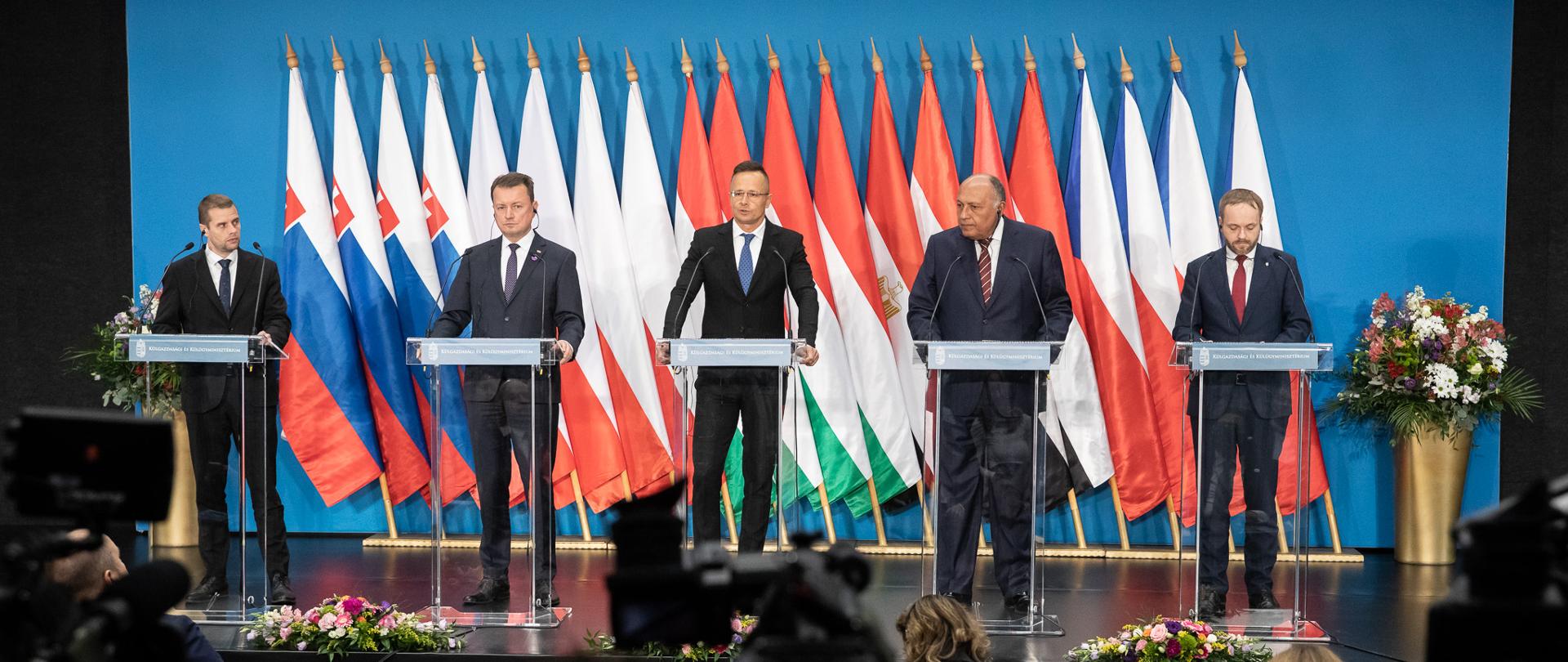The past days revealed a sharp decline in the Egyptian role towards the Palestinian issue, especially concerning reconciliation between the different factions, which raises controversy over Egypt’s current role vis-a-vis diplomacy.
Instead of meeting in Cairo as usual, Fatah and Hamas met in Turkey to try to end the state of division between the parties and to hold talks about the possibility of organising general elections in the occupied West Bank and the besieged Gaza Strip to restore unity between them, in this critical historical circumstance. The meeting, which Turkey embraced, raises the question about the absence of the Egyptian role that Cairo played over the years in mediation between the Palestinians. The meeting also comes in light of the reception of the head of the Hamas political office, Ismail Haniyeh, in Turkey. Palestinian President Mahmoud Abbas asked his Turkish counterpart, Recep Tayyip Erdogan, to support the Palestinian trend towards achieving reconciliation and elections.
On September 3, the general secretaries of the Palestinian factions held a meeting between Ramallah and Beirut, during which they agreed to “consolidate the principle of peaceful transfer of power through free and fair elections, according to full proportional representation.”
Consensus to hold elections with a joint list is not unusual, due to the different political visions and ideologies of the Fatah and Hamas movements, which have been divided since 2007, and set the October 3 session to agree on the dates of the upcoming legislative and presidential elections. While the Qatari capital, Doha, is preparing to receive high-level meetings between the Palestinian faction leaders to delineate the details of national reconciliation and come up with a consensus to heal the rift. Since June 2007, the Palestinian arena has been divided, following the Hamas takeover of the Gaza Strip, and Fatah’s monopoly to administer the West Bank, and many mediations and agreements have failed to restore internal unity.
The Palestinian legislative elections were last held in 2006, in which Hamas won a majority, while the last presidential elections were held in 2005, and Abbas won. The positions of the UAE and Bahrain (normalising their relations with Israel) caused a dilemma that harmed the Palestinian cause, prompting factions to go to countries that reject this normalisation and distance themselves from the countries that support it.
Turkey and Qatar are among the countries that reject this normalisation, at a time when Abdel Fattah al-Sisi was the first to announce his support for the normalisation of the two countries, which affected Cairo’s historical role with the Palestinian factions. For his part, the expert in international law and international relations, Mr. Aboul Khair, considered that this divergence between Egypt and the Palestinian factions indicates Hamas and Fatah’s awareness of the lack of integrity of the Egyptian mediator and his complete bias in favour of Israel. He added, “since the coup in 2013 until now, Egypt has lost its diplomatic status and became a dependent state after it was a leader.” He stressed that “the coup made Egypt’s policies depend on, not only Saudi Arabia and the UAE, but also Israel.”
Researcher and academic Muhammad al-Zawawi agreed with him when he said that this decline is matched by an increase in Turkish regional influence on the one hand, and on the credibility of the political leadership in Ankara on the other hand. He pointed out that “Turkey’s embrace of the factions’ meetings indicates that the PLO no longer trusts the promises of the countries that support it and that its previous interventions have exacerbated the Palestinian-Palestinian dispute.” He added, “The political calculations of these countries regarding their stance towards the Brotherhood, then Hamas, Iran, and then the Jihad movement are taken into consideration, which has a negative impact on the Palestinian cause.”
While the researcher and political analyst Abdullah al-Najjar wondered what remains for Egypt on the international stage. He said, “The late President Hosni Mubarak reduced Egypt’s international role, to the point where the maximum ambition became mediation between Hamas and Israel or mediation between Hamas and Fatah.” He continued: “Today, the Egyptian diplomacy lost the file of mediation between Fatah and Hamas, and the file was transferred to Turkish diplomacy.”
It is noteworthy that recent months have witnessed a loss of Egypt’s regional influence concerning the Palestinian issue, especially its role in bridging the rift between Israel and the resistance factions in the Gaza Strip, in light of its rapprochement with Qatar, after the continuous support of the residents of the Strip, to confront the blockade imposed on it by Israel and Egypt. Egypt failed to mediate between Israel and Gaza’s resistance movements, which is witnessing a massive escalation in recent weeks before Qatar succeeded in securing the truce agreement.





Recent Comments